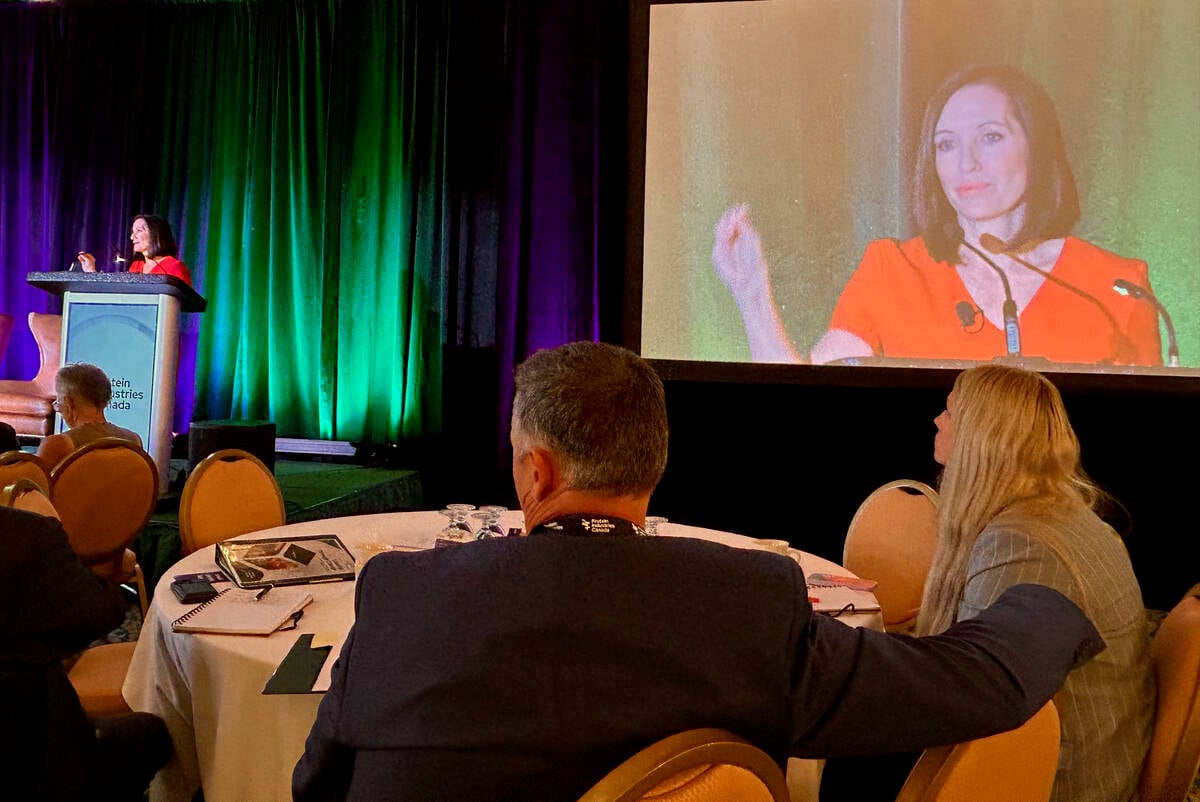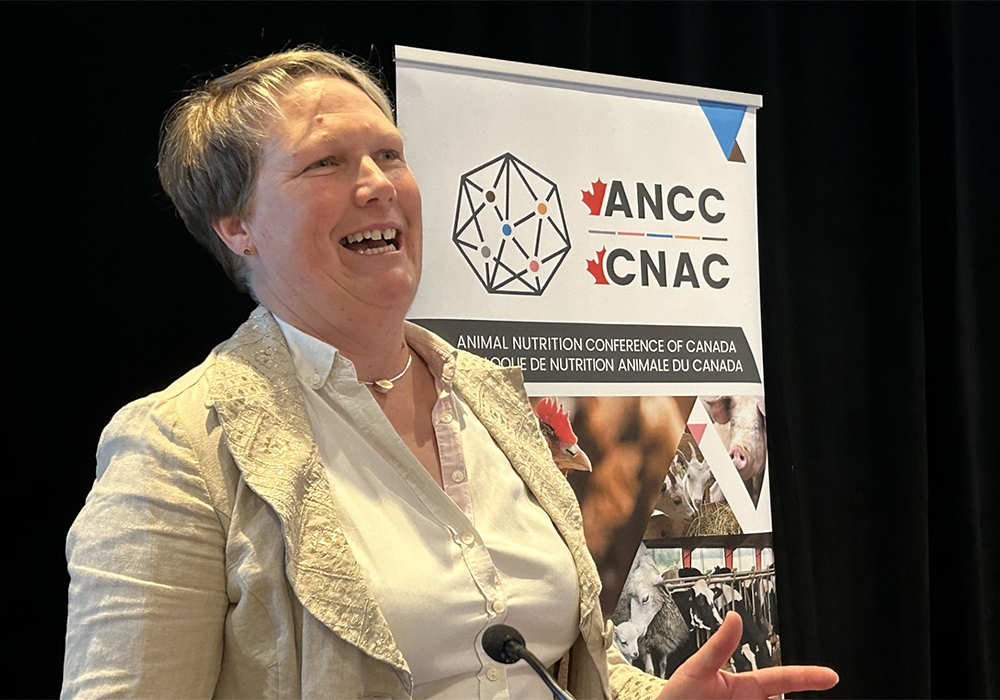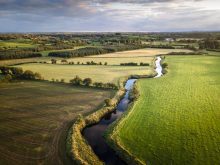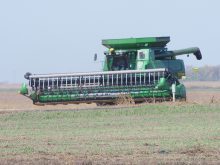If animal nutritionists don’t want to see their industry ravaged by misperceptions and misinformation, they might need to embrace what is an uncomfortable place for most of them, says a leading British nutritionist.
If they can’t engage with the public on issues about feed’s and livestock’s effects on climate change and environmental degradation, then the public will only hear from activists and others who paint agriculture in harsh colours.
“This is a new language that we need to get comfortable with,” Emily Burton of Nottingham Trent University told the Animal Nutrition Conference of Canada held earlier this month in Winnipeg.
Most nutritionists are scientists familiar with scientific jargon, debate and rhetoric. Talking with the public will require discussing issues such as carbon emissions from animals in terms that the public can relate to, she said.
Read Also

Canada told trade crisis solutions in its hands
Canadians and Canadian exporters need to accept that the old rules of trade are over, and open access to the U.S. market may also be over, says the chief financial correspondent for CTV News.
Millions of people have been convinced that animal agriculture is a prime cause of climate change and a threat to humanity’s future, despite the evidence that those views are weak, Burton said.
Nutritionists and others in the animal-feeding business see livestock as preservers of pasture and grasslands, as consumers of products that would otherwise be considered “waste” and as a vital part of many ecosystems. However, Burton said the only message that many people have heard is that livestock production is a clear and present danger to the planet.
Many nutritionists might be scared of engaging in public talk about these divisive issues, but Burton said most people just want to understand them. Regardless of activists, most have an honest interest in understanding the truth of complex subjects.
“The public aren’t stupid. The story will catch up in the end.”
Nutritionists might want to stick to the science and avoid public engagement, but the latter is now just part of the job and responsibility of the profession, she added. They must be able to talk the science talk with scientists but also converse in the language of ordinary people.
“I feel that’s our role now as nutritionists,” said Burton.
“We need to be multilingual — now.”
Contact ed.white@producer.com


















